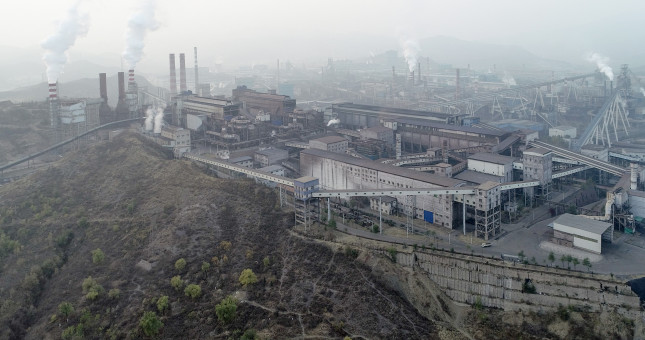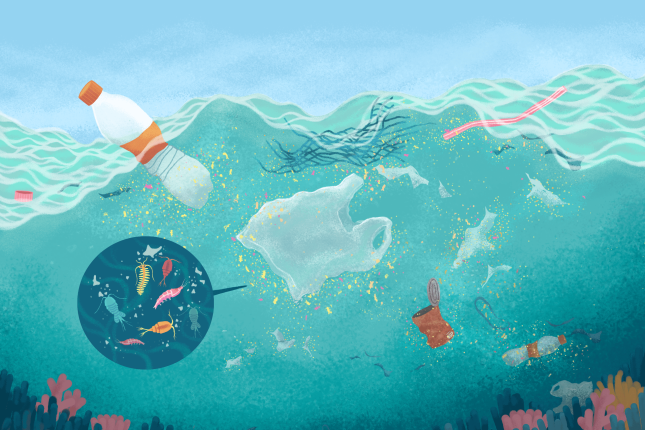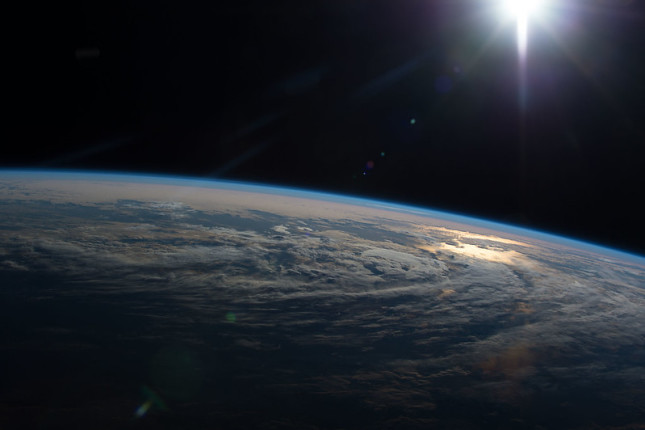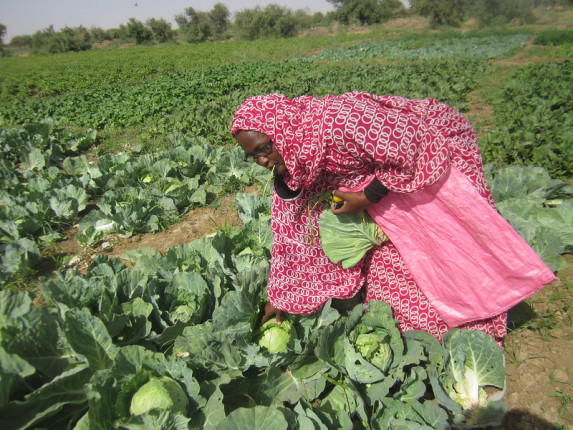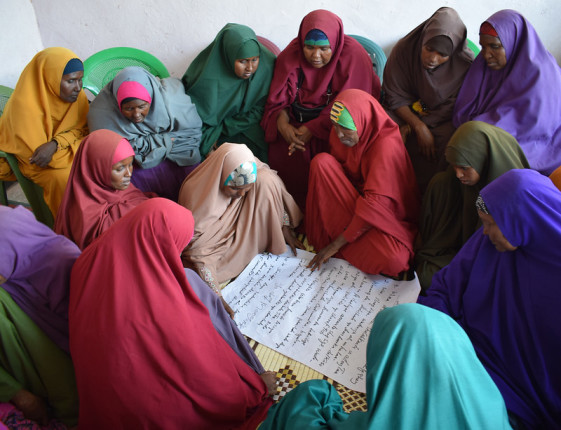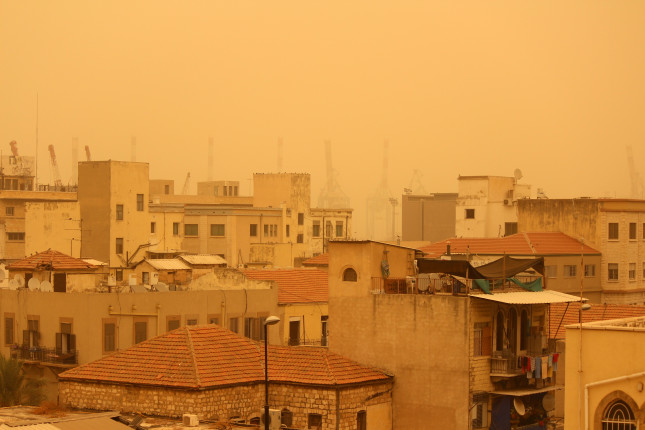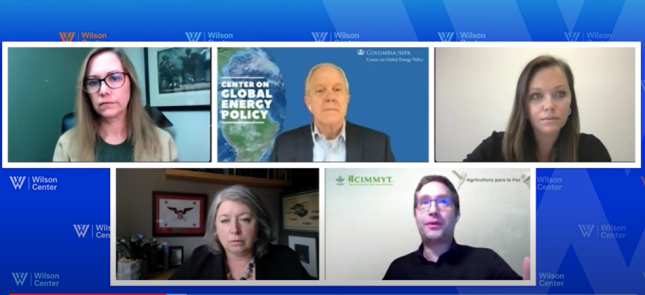-
Deep Seabed Mining and the Green Energy Transition
›
On March 8, 2022, the price of nickel doubled overnight. Fueled by the war in Ukraine, fears of supply disruptions briefly drove the cost of nickel contracts over $100,000-a-ton. The London Metal Exchange, the main global market for industrial metals, suspended trading for a week, canceling billions of dollars worth of trades.
-
The Ukraine War’s Shadow on China’s Road to Decarbonization
›Russia’s invasion of Ukraine has shaken the world economy. The U.S.-led push for sanctions on Russia has surprised analysts with its depth. Germany, for example, is now turning away from four decades of reliance on Russian oil and gas. Given Russia’s status as a global energy colossus, the war has raised particular uncertainty in global energy markets, leading many countries to take steps to ensure adequate supplies.
China’s energy connection to the crisis and, specifically, the war’s effect on China’s decarbonization commitments, have drawn little attention. Unfortunately, the war’s impact on energy markets has accelerated Chinese plans to return to the use of coal for power generation. And the market volatility it has inflamed is partly behind China’s return to investment-and emissions-heavy stimulus. Make no mistake, however, China’s investments in renewables are still enormous and dwarf those of the United States.
-
How plastic is fueling a hidden climate crisis in Southeast Asia
›With sea level rise and ecological collapse threatening its environment and the very existence of its main coastal cities, Southeast Asia is one of the regions most at risk from the impacts of climate change. But while countries around the world step up efforts towards decarbonization and reaching their shared climate goals, carbon remains unchallenged – in the form of plastic – and firmly entrenched in Southeast Asia’s economy.
-
Serious About Climate Change? Put All Options on the Table
›
The intensifying enmity between the United States and Russia arising from the war in Ukraine may obscure a fundamental and durable milestone in climate science: One of the most significant pieces of evidence substantiating a shared major security concern—anthropogenic climate change—was the result of United States, French, and Russian cooperation. Ice cores drilled at Russia’s Antarctic Vostok Station provided among the most incontrovertible proof linking human greenhouse gas (GHG) emissions to increasing atmospheric temperatures—over two decades ago.
-
Can Conflict-Sensitive Gender Analysis Close the Door on Backdraft?
›
Effective climate action demands urgent transformational change. It is also increasingly clear that responses to climate change—whether focused on curbing emissions or adapting to climate impacts—can profoundly influence and change how people live. It touches upon many aspects of their everyday life, including their livelihoods, where they live, and their roles in the community. These changes also can have substantial effects on the socio-ecological systems in which people live— bringing unintended tensions and drivers of conflict that are referred to broadly as backdraft.
-
The Risks of Gender-blind Climate Action
›
Climate change is widely recognized as one the greatest threats to peace and security in the 21st century. The causal pathways that link deteriorating environmental conditions, insecurity, and conflict, while seldom automatic or linear, are, nevertheless, ubiquitous. The adverse impacts of climate change exacerbate other risk factors, especially in already fragile contexts. In turn, these factors magnify pre-existing economic, social, or political drivers of insecurity.
-
Why Climate Change Will Exacerbate Inequalities and Grievances in Iraq
›
The UN Environment Programme has ranked Iraq as the fifth most vulnerable country to climate change. In recent years, it has increasingly witnessed extreme heatwaves with temperatures reaching above 50°C. Iraq’s mean annual temperature also is predicted to increase by two degrees Celsius by 2050.
-
System Shock: Russia’s War and Global Food, Energy, and Mineral Supply Chains
›
Russia’s invasion of Ukraine is sending shockwaves through global systems for natural resources like food, oil and natural gas, and critical minerals. But a recent Wilson Center event assessing the fallout of the conflict also looked to the deeper implications and lessons from the crisis.
Showing posts from category climate change.


